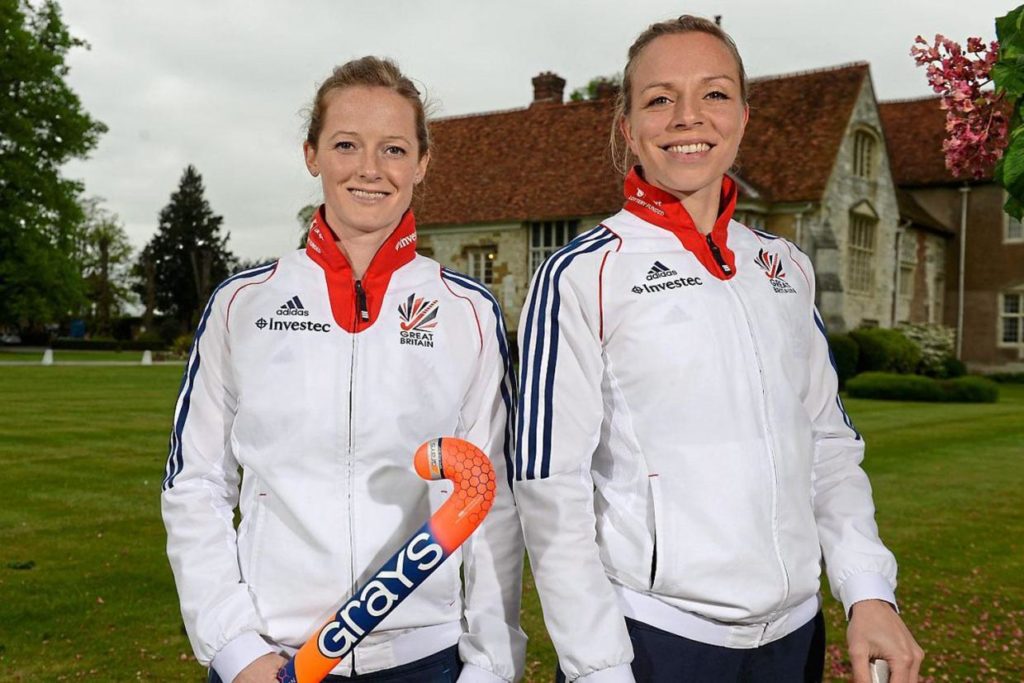Traditionally, a wife would take her new husband’s surname once married. However, statistics show a shift in this trend as there is now an increase in women choosing to retain their maiden name with only 62% of brides in their twenties now opting to use their husband’s surname on marriage.
Similarly, a change of name may be desirable following separation, and there are a number of differing options to consider for both people in this situation as well as newlyweds, and we’ve outlined a few right here in this blog.
Taking your partner’s surname
If, following marriage, you want to take your spouse’s surname, then a change of name deed is not required. Your marriage certificate will be sufficient evidence to effectively change your name, provided that it clearly records both of your names prior to marriage.
Retaining your maiden name in the workplace
You may wish to take your partner’s name on marriage, but are concerned that this may impact your presence in a professional context. If you have developed a professional reputation under your maiden name then there is always the option to change your name for personal use, but retain your maiden name for use in work.
If you would like to continue to use your maiden name at work, all you need do is notify your employer of this position in writing.
Double-barrelled surname
Taking on a double-barrelled surname is becoming increasingly popular. If you and your partner want to take each other’s name as a double-barrelled surname then you should obtain a change of name deed to formalise it.

Kate and Helen Richardson-Walsh, members of the winning GB women’s hockey team at this summer’s Olympics in Rio, combined their two surnames when they got married in 2013. Image from standard.co.uk
Some organisations will accept your marriage certificate as evidence of the change of name if the marriage certificate clearly illustrates how the double-barrelled name has been derived.
However, most organisations require a formal change of name deed produced by a specialised family lawyer who will be able to ensure the document is drafted and executed in a way that meets the legal requirements.
Using your maiden name as a middle name
If you want to change your surname to your partner’s surname, but keep your maiden name as a middle name, this is considered a change of forename and a change of name deed is required to facilitate.
A new family name
There is always the option that you and your partner could select a new surname that neither of you have used before. Again, this would require a change of name deed to be produced to facilitate the legal recognition of the change.
On separation or divorce
Following the breakdown of a relationship, some people make the decision to revert to the use of their maiden name.
Some organisations will be willing to accept sight of a certified copy of your marriage certificate as evidence of your maiden name, and your Decree Absolute to illustrate that the marriage has been dissolved, but not all organisations are willing to accept this form of evidence. In fact, many now require the production of a change of name deed before they will implement any change.
In some instances, people may wish to resume the use of their maiden name on separation, prior to obtaining a divorce. In this instance a change of name deed is required.
For additional information on changing your name, or for advice on any family law matter, contact Janine Hutson by email or on 01772 258321.
At Harrison Drury we have a large team of experienced, friendly divorce and family lawyers based in Lancaster, Kendal, Garstang, Clitheroe and at our head office in Preston. If you require any legal advice, please get in touch right away.
Questions & Answers